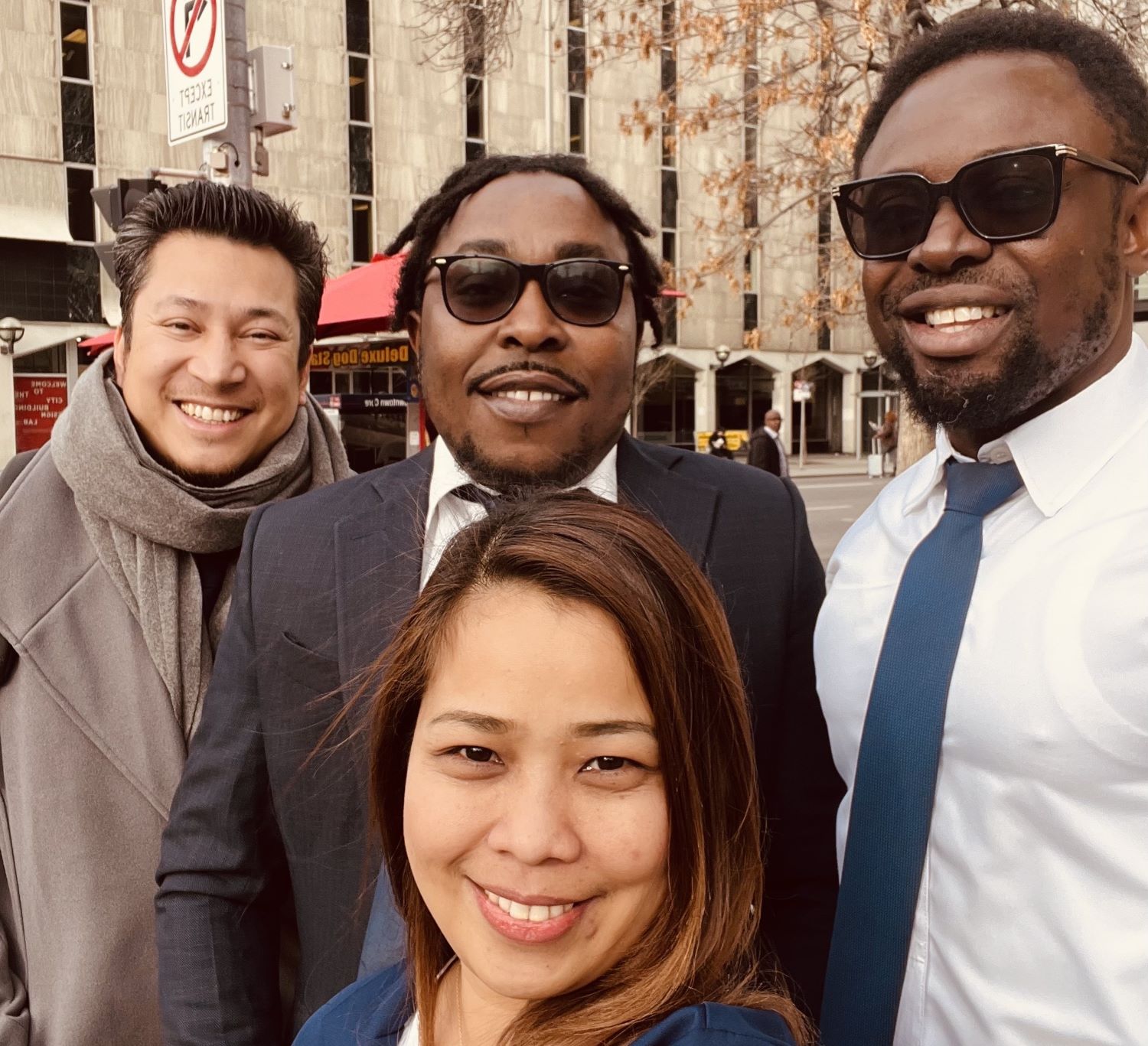As a court witness in many trials over his long career in uniform, former corrections officer Mo Shaukat knows what it’s like to appear on the stand with lives in the balance:
“It’s no fun. It sucks.”
For Shaukat’s students working toward careers in the justice system it’s an important exercise to get a sense of how it feels to be part of the process of justice.
“They're going to be witnesses,” Shaukat says. “A professional witness, subject matter expert witness, and they need to give testimony. And here they got to see it from all sides.” Marion Deacon is a second-year Justice Studies student eyeing a career with the RCMP. Between family connections and her own research, she has a good grasp of what law enforcement is – and what it isn’t. Still, the court procedure for the defence team came as a bit of a surprise.
“You can never be too prepared. I thought I was prepared for this, but I felt like I did not prepare enough.”
Deacon says she’s drawn to policing as a way to help people in need, while also serving to make communities as safe as possible.
“Yeah, one of our instructors describes it as ‘going upstream’ with crime,” Deacon says. “So, not just looking at the one criminal act, but trying to understand what might bring a person to do that.”
“Which is why I'm more interested in the RCMP.”
The Crown Counsel team brought their own diverse experience and goals to the mock trial.
“We started and ended on the same note, kept that same thing going in the jury’s minds, and our case honestly was to discredit witnesses as much as possible,” says Acadia Thomas who acted as Crown Counsel, with an uncomfortable laugh.
She says while it felt awkward at times, her team had a job to relay the facts of the moot case as clearly as possible and to prevent her opponents from introducing a version solely aimed at reducing the accused’s culpability.
“This isn’t about what certain witnesses saw – some witnesses didn’t see anything – this is about what actually happened.”
Thomas is one of the few students in the exercise that does not plan on a career in uniform – she has a Bachelor of Psychology degree and wants to help people already caught up in the justice system.
“I'm trying to tie in justice with psychology and go into reintegrative counseling eventually. So not law enforcement, nor am I looking at courtroom procedures, but this was good to kind of understand that psychology as well,” Thomas says.
Although a justice diploma is important to prepare the modern uniformed law enforcement officer, a justice studies diploma has many other practical applications that can lead to rewarding careers.
“There were two classes that fed into the mock trial – and that was criminal law and criminal procedure – so it’s not just knowing the law, but how to implement the law as well,” Thomas says. “In our careers we will be on the other side of the stand, we will be witnesses as well.”
Every program at Bow Valley College has a work integrated learning requirement, giving students real world contacts and experience to support learning, career focus and networking.






%20(1).jpg)


